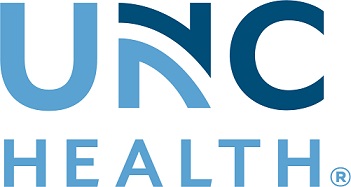Potential Drug Target Identified for Aggressive Breast Cancer Type
University of North Carolina Health Care SystemIn a new pre-clinical study, UNC Lineberger researchers show that they can exploit cancer’s reliance on a particular protein to help fight triple negative breast cancer. They believe the protein could be a potential new drug target.
